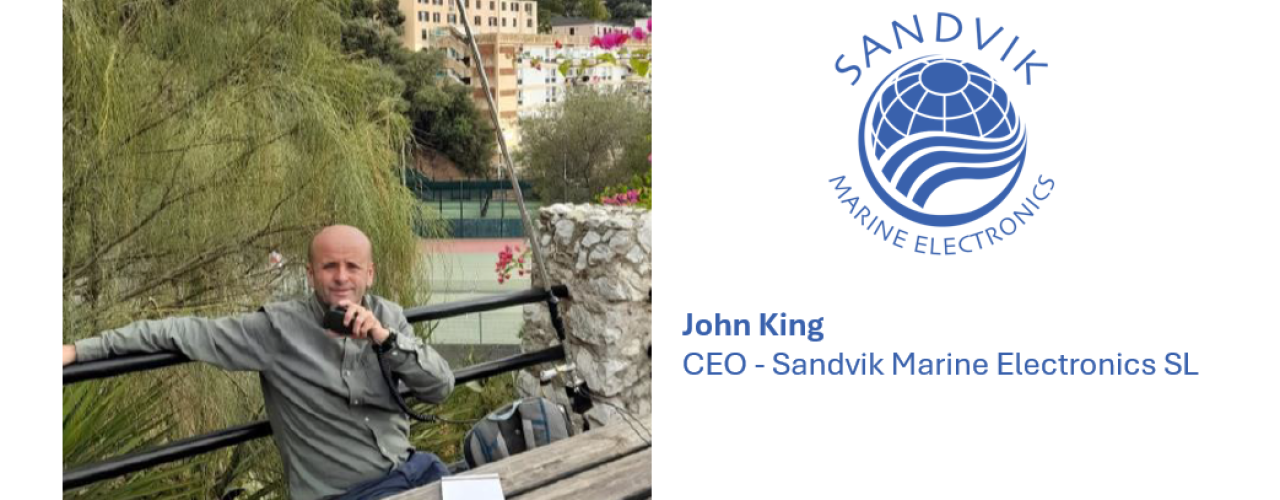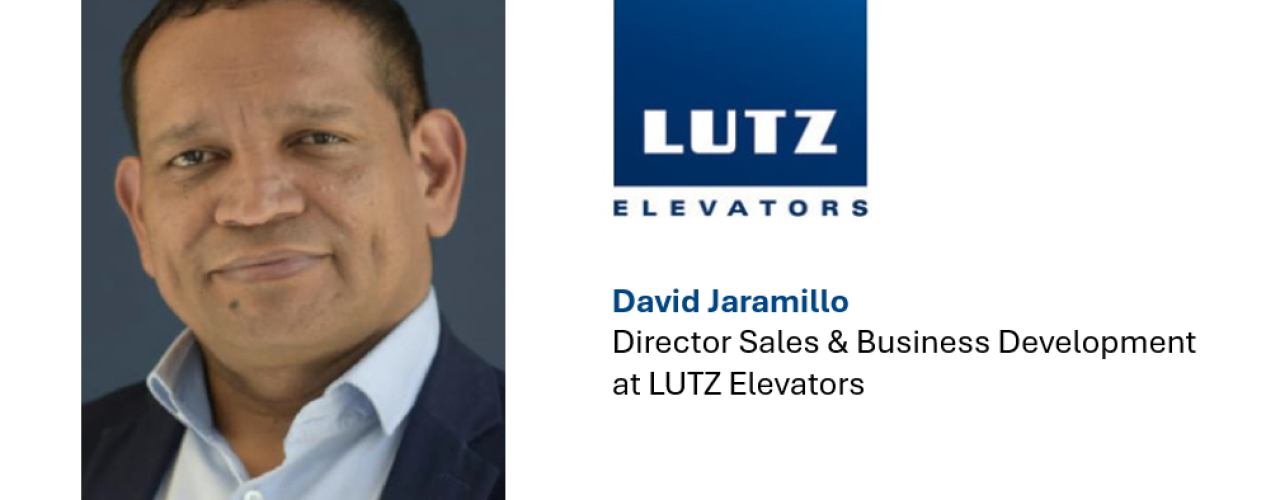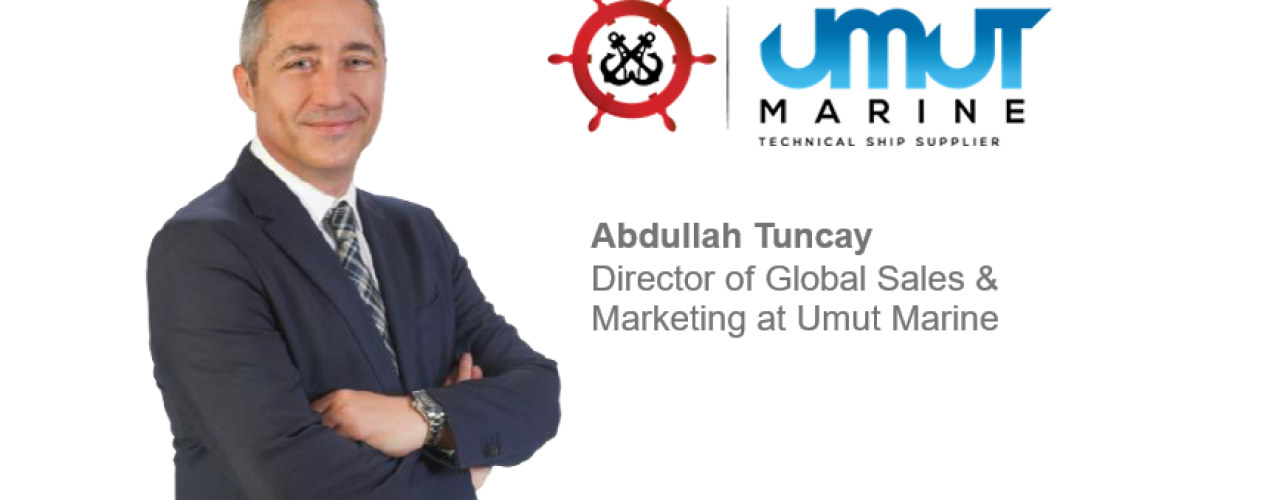How did you start in maritime?
I’ve been passionate about electronics and communication since I was a kid. Back in the 1980s, before mobile phones or the internet, my father bought me a CB radio transceiver. Suddenly, I could connect with people far beyond my neighborhood, there was a whole community out there. By the age of 12, I was building my own portable radio sets, mounting them in backpacks with batteries so I could walk around England talking to people all over the world. After school, I worked a few odd jobs before realizing I wanted more. At 21, I enrolled in university to study electronics, later bridging into project management.
In the mid-90s, I met a man in Gibraltar bar who owned an electronics company working on ships. He offered me a job on the spot. My first assignment took me from Gibraltar to Malta, and I knew instantly this was the career for me. I’ve now been in the business for 27 years, and I’ve never looked back.
What does your company do, and how has it grown?
We provide outsourced bridge equipment management for shipowners, everything from radars and ECDIS to gyros. We work with most major manufacturers and hold multiple agency accreditations.
We’ve grown from one client 18 years ago to managing equipment on around 280 ships today. Our engineers are based in Spain, India, Singapore, Rotterdam and Panama, so we can cover nearly every time zone. About 70% of our work is global, and much of our growth has come through word of mouth. When a superintendent moves to a new company, they often bring us with them.
What’s it like living and running a business in Gibraltar?
Gibraltar is small and safe, everyone knows everyone, which is good. The economy is built on services like shipping, finance, insurance, and online betting. Over 15,000 people cross daily from Spain to work here, making a smooth border crossing essential.
One challenge is recruitment. Immigration rules make it hard to bring in people from outside Europe. In hubs like Dubai, Singapore, or Hong Kong, hiring globally is much easier and often cheaper. That’s why ship management is increasingly shifting toward those regions.
How do you build strong customer relationships?
Reliability is everything. We’re not the cheapest, but customers know we deliver. Many of my relationships have lasted decades, including with retired captains who keep in touch. Shipping is a small community; your reputation travels fast.
LinkedIn has also helped us connect. A few years ago, I started posting daily: real photos, real people, and authentic captions. No AI, no staged content. People from all over the world have told me they follow our updates. I also make sure our team avoids “copy-paste” outreach, every message should be personal and relevant.
What changes are you seeing in the shipping industry?
Operations are moving toward global hubs. Many family-owned companies still keep a small home-country office for tradition’s sake, but their largest teams are often in Singapore or Hong Kong. At the same time, compliance demands, especially sanctions and ownership checks, are increasing, making accurate, timely data more important than ever.
How do you use data and technology in your operations?
We’ve been using MagicPort mainly for vessel search, but its potential is much bigger. Sanctioned vessel tracking is becoming critical, with hundreds of “grey fleet” ships under flags of convenience that are hard to trace. MagicPort allows us to track all vessels, create custom fleets for different owners or managers, plan sales visits in advance, knowing which ships will be in key locations like Gibraltar.
Contact data is useful too, but it needs to be used responsibly. Mass-messaging the same people damages trust; targeted, informed outreach is far more effective.
MagicPort can become a major platform. Compared to others, you can deliver something better and more user-friendly. Keep building, the shipping industry always has room for solutions that save time, reduce risk, and help companies operate more efficiently.



